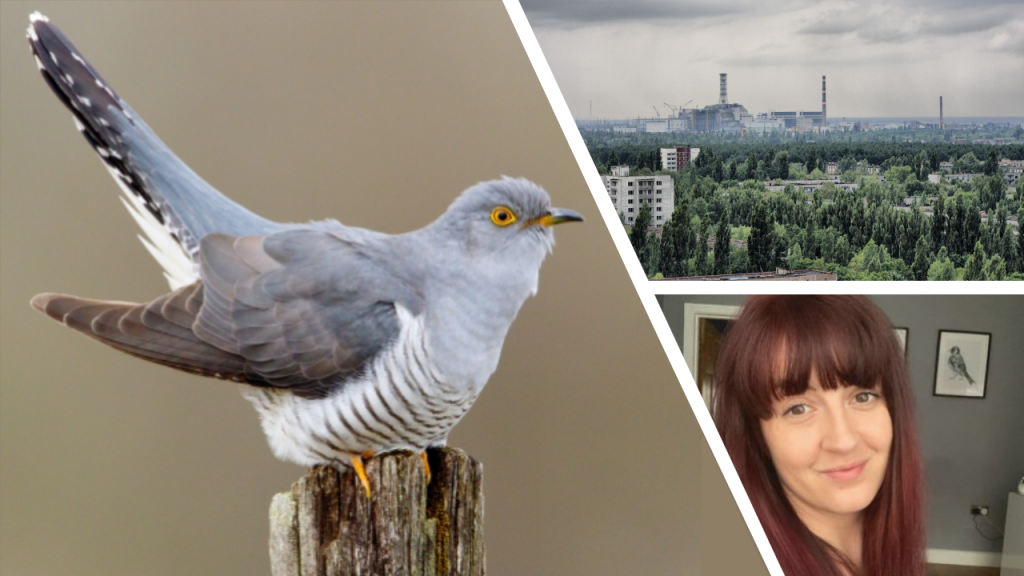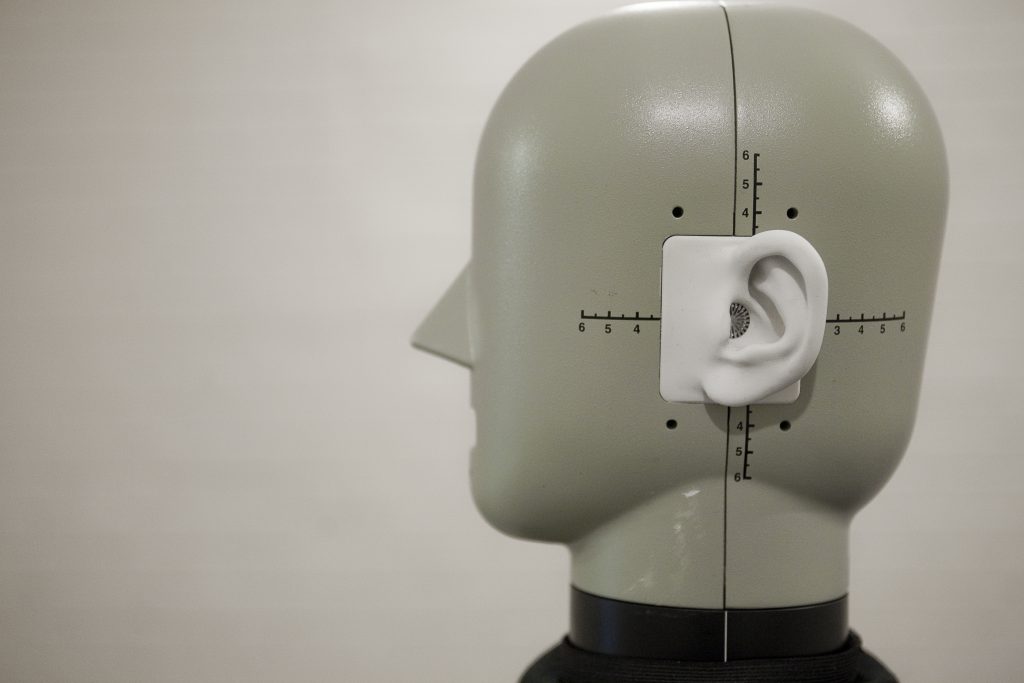Speaker: Dr Helen Whitehead (University of Salford)
Wed 14th Feb 2024 12:00 – 13:00 UK time. This seminar will be an hybrid event: in Newton 240 on campus with online access via this Teams link.

Abstract:
Following the accident at the Chornobyl Nuclear Power Plant in 1986, there has been a unique opportunity to study the impacts of radiation on a variety of taxa, including mammals, birds, and invertebrates. Birds have been the subject of many studies in Chornobyl but only two of these have focused on the common cuckoo (Cuculus Canorus). Despite the limited research on the common cuckoo in the CEZ, the species is well studied across Europe and Asia, with acoustic communication being the focus of the majority of these studies. For this research, male common cuckoos were monitored throughout May 2016, using an acoustic classifier (cluster analysis). The research found that radiation had no significant effect on vocal activity, but time of day and average daily rainfall did.
Biography:
Dr Helen Whitehead obtained a BSc (Hons) in Wildlife and Practical Conservation, followed by a PhD in Environmental Science, both from the University of Salford. Her doctoral research focused on utilising ecoacoustic methods to examine bird biodiversity within the Chornobyl Exclusion Zone in Ukraine. Presently, she is a Lecturer in Environment and Sustainability within the Geography and Environmental Management department at the University of Salford. Her research interests encompass biodiversity monitoring, ecoacoustics, and exploring the connection between agriculture and biodiversity. Additionally, she represents the Bioacoustics SIG as the Early Career Representative for UKAN. Beyond academia, Helen is actively involved in outreach efforts for the Royal Society for the Protection of Birds, appearing on radio programs to promote biodiversity conservation awareness.
